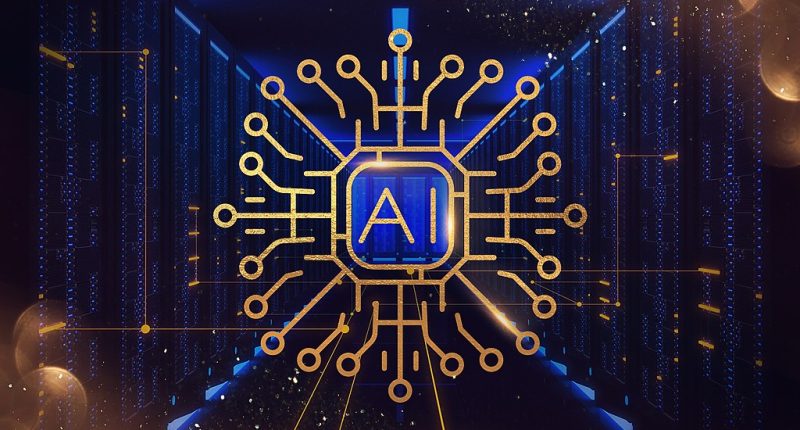A common notion held in the tech circles these days, is the fact that while AI continues to progress at an unprecedented pace, accompanying regulation is far behind. Nations and multilateral organisations have been trying to find common grounds for a universal AI regulation, and now G7 — world’s 7 most advanced economies — will aim to address it.
In that vein, reports suggest that Japanese Prime Minister Fumio Kishida has taken a significant step towards regulating artificial intelligence (AI) to combat misinformation and promote transparency in today’s digital age. The announcement came during a speech delivered at the Internet Governance Forum held in Kyoto, Japan.
The proposed regulations have a central focus on assisting the public in distinguishing between content generated by AI and authentic information, as the challenges presented by AI-generated content continue to grow in importance. The increasing prevalence of misinformation and confusion arising from AI-generated images and data poses a significant threat to trust and global economies.
During his address, Prime Minister Kishida underscored the critical need to strike a balance in regulations that effectively address the risks associated with AI while fostering innovation. His concerns were centred on the technology’s capacity to generate misleading content, which could deceive individuals and have adverse effects on economies.
In addition to these revelations, Prime Minister Kishida disclosed plans for international cooperation among the Group of Seven (G7) nations to formulate a comprehensive code of conduct for AI developers. This global initiative aims to ensure responsible development and usage of AI systems, with the proposed code set to be presented during an upcoming online G7 meeting scheduled for this fall.
As part of Japan’s role as the chair of the G7 this year, the government is taking the lead in the Hiroshima AI Process, a platform dedicated to discussions on AI regulation. The government’s primary objective is to implement measures that enable AI developers to address risks promptly, even before comprehensive international guidelines for AI technologies and users are fully established.
The anticipated G7 code of conduct is expected to include provisions that require AI developers to provide comprehensive information about system capabilities and potential risks, further enhancing transparency. Additionally, it encourages the development of “digital watermarking” technology, empowering individuals to discern whether content has been AI-generated, thereby bolstering transparency efforts.
Prime Minister Kishida emphasised the crucial role of technology in verifying the origin of information, a step that could significantly enhance the dissemination of reliable data. He referenced the Originator Profile (OP) technology, which incorporates electronic identifiers into distributed records, simplifying the process of source verification.
Furthermore, the government is planning to extend aid to support the development of fundamental AI models and enhance the country’s computational resources, which are pivotal for data processing systems. This assistance is slated to be incorporated into Japan’s economic measures, to be unveiled later this month.
Prime Minister Kishida’s announcement reflects Japan’s unwavering commitment to nurturing responsible AI development, ensuring transparency, and addressing the challenges of misinformation in the digital age. As the global community grapples with the rapidly evolving AI landscape, international collaboration and well-defined regulations are considered critical steps towards safeguarding societies from potential risks.





